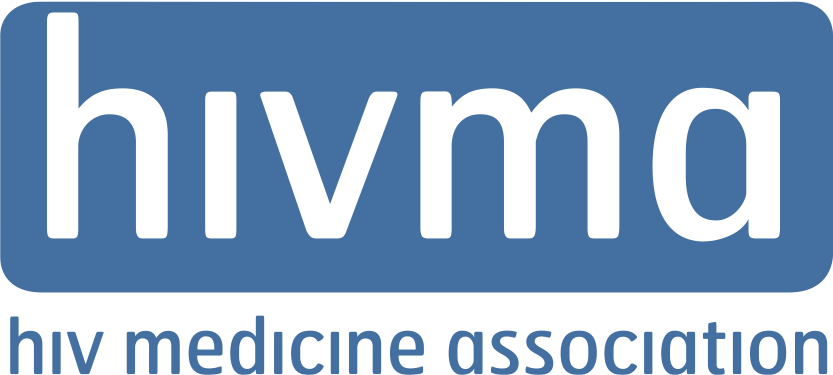Response to Increase in Syphilis Cases in the United States
The rise in the number of babies born with syphilis in the United States, as reported by the Centers for Disease Control and Prevention, is alarming and could have been prevented. The dramatic increase in cases — 755% between 2012 and 2021 — represents missed opportunities in the health care system and the need for more resources at the local, state and federal levels.
Syphilis can be effectively treated during pregnancy, but when it is not treated appropriately or early enough, the outcomes can be severe for infants. Timely testing and diagnosis, which involves more coordinated outreach and education with people who are pregnant, means providers need to have vital conversations with their patients. Syphilis screening, diagnosis and treatment need to become standard parts of prenatal care in doctors’ offices, public health clinics, and emergency departments and hospitals.
All of this points to the need for more resources. America needs more infectious diseases experts, additional funding to support the public health workforce and public health agencies including CDC, and increased investment in research to keep mothers and babies safe.
— Steven K. Schmitt, MD, FIDSA – President, Infectious Diseases Society of America
— Allison Agwu, MD, ScM, FIDSA – Chair, HIV Medicine Association
About IDSA and HIVMA
IDSA is a leader on issues of importance to ID professionals, including education and training, policy and advocacy, setting guidelines for patient care, and developing resources for clinical practice. It remains at the forefront of global health issues such as COVID-19, antimicrobial resistance and HIV/AIDS. Housed within IDSA is the HIV Medicine Association, which represents medical providers and researchers working on the front lines of HIV. More than 12,000 IDSA and HIVMA members work across the United States and in nearly 100 other countries on six different continents. For more information visit idsociety.org. Follow IDSA on Facebook and Twitter.

